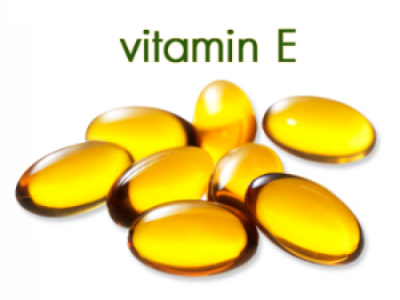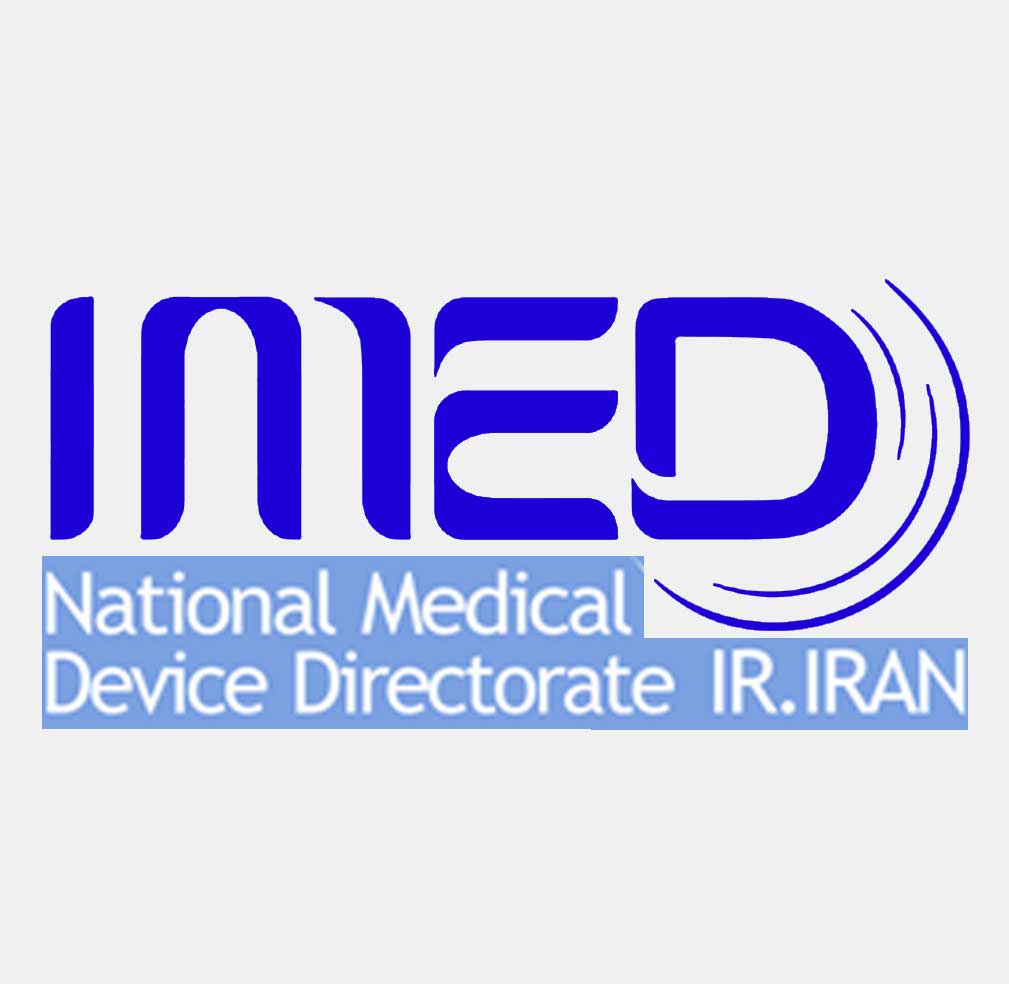Vitamin E is an essential micronutrient for health that falls into the category of fat-soluble vitamins. In addition, this vitamin is also known as an antioxidant.
The best resources
Wheat germ oil, sunflower oil, sunflower seeds, almonds, hazelnuts, cashews, avocados, mangoes, spinach and fortified foods are some of the best food sources that will bring you the properties of vitamin E. With this vitamin, he mentioned like breakfast serials.
In addition to food sources, supplements of this vitamin can be used to eliminate its deficiency. These supplements are usually sold in different doses in the form of tablets and capsules in pharmacies, the most common of which is vitamin E (400) tablets.
Properties of Vitamin E.
As mentioned, vitamin E has many health benefits. Some of the benefits of this vitamin can only be obtained through food sources, but to achieve other properties of this vitamin, there is no difference between consuming food sources and vitamin E tablets or capsules. Among the health benefits of vitamin E are:
Cell protection
One of the main properties of vitamin E is that due to its antioxidant properties, it can protect cells from damage caused by harmful chemicals (called free radicals), which are usually caused by intracellular metabolism, air pollution, smoking and ultraviolet radiation. Purple protects. Free radicals may also increase the risk of heart disease and various cancers. Of course, if you plan to use vitamin E to take advantage of its antioxidant properties, supplementing with this vitamin can not help you much and you should definitely go to food sources.
Boosting immunity system
Other benefits of vitamin E include its role in boosting the immune system against bacteria and viruses. This vitamin also prevents high blood pressure and blood clots by dilating blood vessels. In addition, normal blood levels of vitamin E may partially prevent the harmful effects of excess cholesterol on the body.
Skin repair
Due to its antioxidant properties, the use of oil or vitamin E mask can heal damaged skin tissue. Some cosmetic products also report the properties of vitamin E for facial fat, although there is no strong evidence to support their claim.
Shortage
Although deficiency of this vitamin rarely occurs in healthy people, it can cause damage to nerves and muscles. This injury can lead to numbness in the limbs, difficulty controlling body movements, muscle weakness, weakened immune system, and poor eyesight.
Dosage
The natural form of vitamin E (synthetic) is more effective and useful, and it is better to meet the daily needs of the person as much as possible from natural sources. The daily requirement of vitamin E for adults is about 15 mg per day, equivalent to 22 واحد 7 international units (IU); The monthly dose of this amount will be approximately one and a half times 400 vitamin E tablets.
Therefore, if you are deficient in this vitamin and you want to increase the levels of this vitamin in your body, it will probably be enough for you to take half a tablet of vitamin E 400 IU per month. Of course, your doctor can prescribe the exact dose based on your health and nutritional status.
Side effects of vitamin E tablets
As mentioned earlier, vitamin E is a type of fat-soluble vitamin, and the excess will not be excreted in the urine but will be stored in the liver. Therefore, taking too much vitamin E supplements and pills can have serious side effects for the body.
Of course, the side effects of vitamin E tablets are less than other fat-soluble vitamins such as K, A and D because the body tolerates relatively high amounts of vitamin E.
Side effects of vitamin E tablets include:
- Increased risk of blood clotting after injury
- Increased risk of cerebral hemorrhage and stroke
- Increased risk of prostate cancer
- Vitamin poisoning
It should be emphasized that the side effects of vitamin E capsules occur only if the use of this vitamin exceeds the dose recommended or prescribed by a doctor; Therefore, by following the recommended dose, you can continue taking your vitamin E tablets or capsules without any worries.
Prevention and treatment of poisoning with vitamin E tablets
The best way to reap the benefits of vitamin E while preventing poisoning is to keep your intake of food sources as well as tablets of this vitamin below 1000 mg per day. Unfortunately, many people think that poisoning with this vitamin is possible only through supplements, but it is very important to note that food sources of vitamin E (E) can also poison you.
Mild poisoning can only be treated by stopping the drug, but more severe poisoning requires special treatment and medication. The treatment and medication required will be determined by the treating physician based on how the poisoning affects the body.
Drug Interaction Vitamin E.
People taking anticoagulants should not take vitamin E supplements without a doctor's advice, as they may increase the risk of bleeding. Taking strong vitamin E supplements can also reduce the effectiveness of chemotherapy drugs.
In addition, in some people with breast cancer, high doses of this vitamin may interfere with the drug tamoxifen used to treat the disease. Vitamin E can also interfere with the action of cyclosporine transplant rejection drugs in people who have recently had an organ transplant.
Vitamin E is an essential micronutrient for the health and function of the body. Getting this vitamin from food sources can meet the body's daily needs, but taking supplements, usually in the form of tablets or capsules, is also recommended for people who are deficient in vitamin E. The most common type of vitamin D supplement is a 400 IU vitamin E capsule or tablet that can be obtained from pharmacies.





